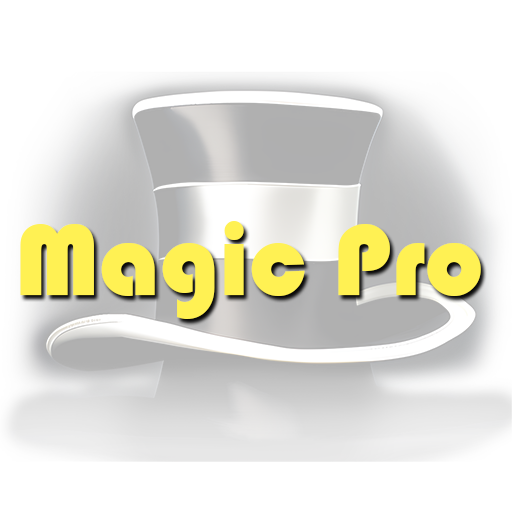Magic has an innate ability to captivate and mystify, transcending cultural boundaries to evoke wonder and awe. Yet, behind the curtain of this enchanting art form lies a complex issue that intertwines Orientalism, cultural appropriation, and the modern magician's quest to craft a captivating performance. Delving into the discourse surrounding these topics, with insights from "Conjuring Asia" by Chris Goto-Jones and various other sources, we embark on a journey to understand the nuances of magic as a celebration of culture or a form of patronizing mimicry.
Orientalism: Unveiling the Power Dynamics
Orientalism, a term coined by Edward Said, refers to the Western interpretation and portrayal of Eastern cultures and societies, often laden with stereotypes, patronization, and an air of exoticism. The book "Conjuring Asia" explores the role of Orientalism in the development of modern magic, where Western magicians have historically incorporated elements from Eastern magical practices. However, these incorporations haven't always been respectful celebrations; they often reinforce stereotypes and misrepresentations. The line between appreciating another culture and perpetuating harmful clichés becomes blurry.
The Allure of Cultural Appropriation
Cultural appropriation enters the stage as a controversial companion to Orientalism. At its core, cultural appropriation involves taking elements from one culture by members of another, often without proper understanding or respect. In the realm of magic, cultural appropriation can manifest when Western magicians adopt the trappings of Eastern mysticism without considering the cultural significance or historical context behind these practices.
Celebration or Commodification: Interpreting Magic's Intent
The question arises: Is magic that draws inspiration from Eastern cultures meant to be patronizing or celebratory? The answer hinges on intent, awareness, and respect. "Conjuring Asia" reveals that Western magicians' interactions with Eastern magic were not solely patronizing; some genuinely admired and revered the artistry of these practices. Yet, the danger of oversimplification and commodification remains. To distinguish between homage and insensitivity, magicians must delve deeply into the roots of the magical elements they incorporate, acknowledging the complexities of cultural history.
Navigating Respectful Magical Expression
For magicians who wish to engage with Eastern magical traditions without perpetuating harmful narratives, a few guidelines emerge:
-
Educate Oneself: A crucial step in mitigating cultural appropriation is deepening one's knowledge about the culture being referenced. Understanding the historical context, beliefs, and significance behind magical practices fosters a more authentic and respectful integration.
-
Collaboration and Acknowledgment: Rather than merely borrowing, seek collaboration with practitioners from the culture you're drawing inspiration from. Give credit where it's due, acknowledging the origins of the magical elements you're using.
-
Subverting Stereotypes: Use your magical platform to challenge stereotypes rather than reinforce them. By promoting accurate and multifaceted representations, magicians can contribute to a more inclusive magical community.
-
Intent Matters: Reflect on your intentions. Are you celebrating the culture and its magical traditions, or are you merely capitalizing on their exotic allure? Honesty with oneself is key.
Magic, like any art form, has the power to evoke emotions, provoke thought, and even bring cultures together. Yet, the shadows of Orientalism and cultural appropriation linger, reminding us that a delicate balance must be struck between admiration and misrepresentation. "Conjuring Asia" and the broader discourse on this issue call magicians to not only hone their craft but also to respect the roots from which they draw inspiration. By weaving a tapestry of diverse cultural influences with respect and understanding, magicians can create performances that transcend boundaries, honoring both the art of magic and the cultures that enrich its fabric.
Magic inspired by other cultures
Main Source:
Conjuring Asia Magic, Orientalism, and the Making of the Modern World
AUTHOR: Chris Goto-Jones,
Universiteit Leiden
DATE PUBLISHED: August 2016

